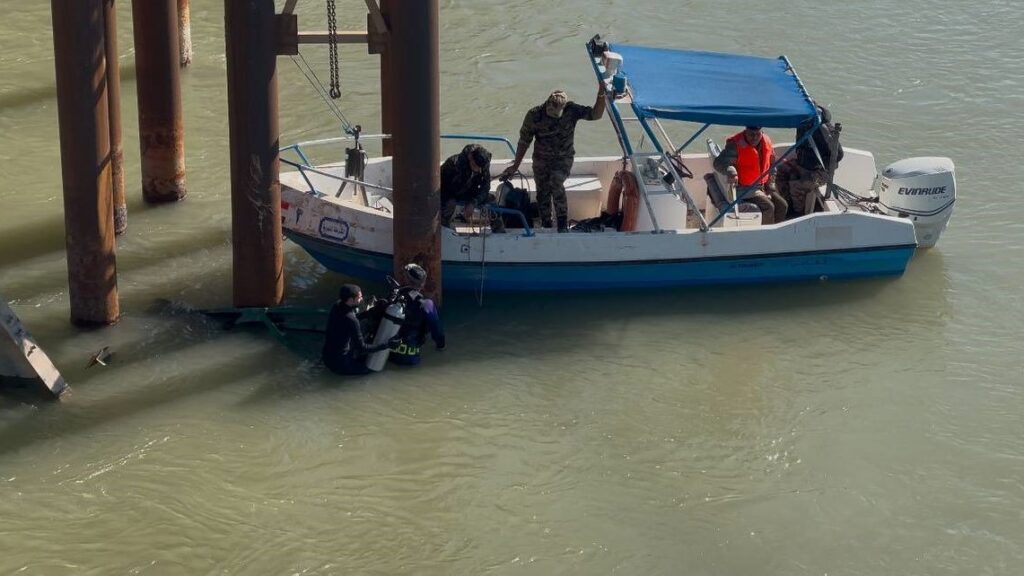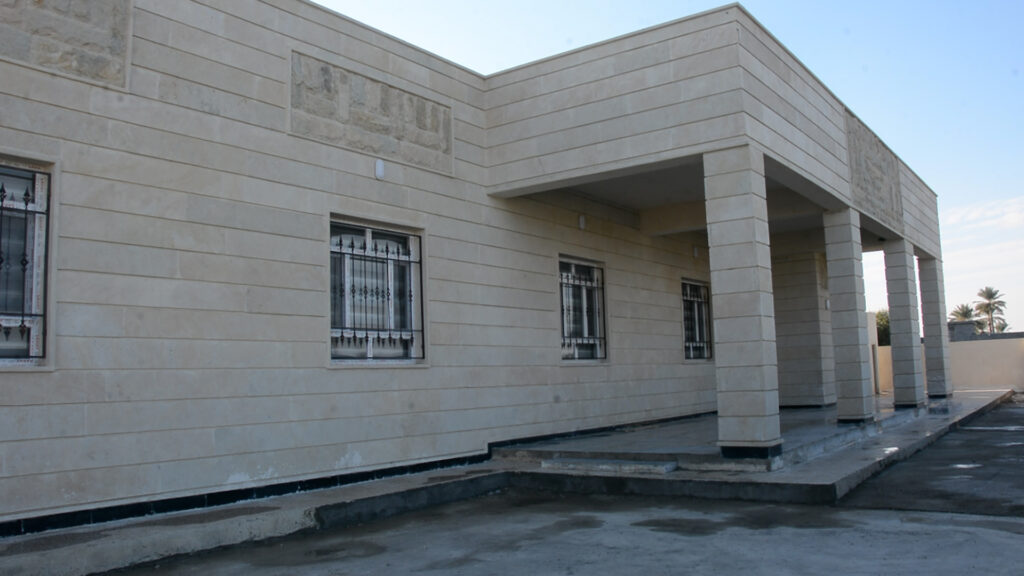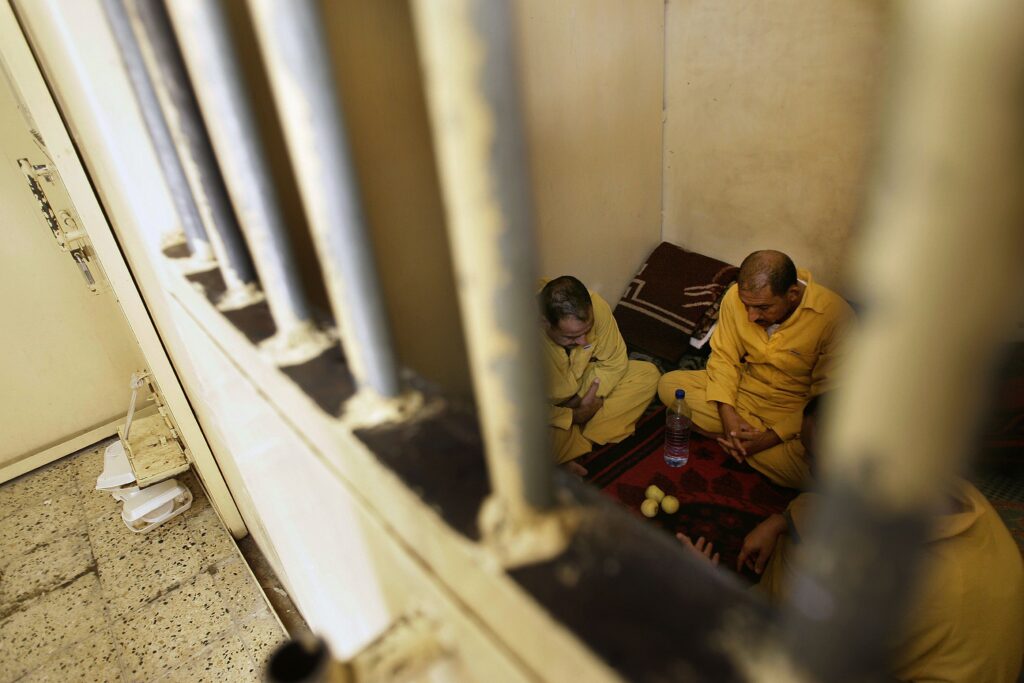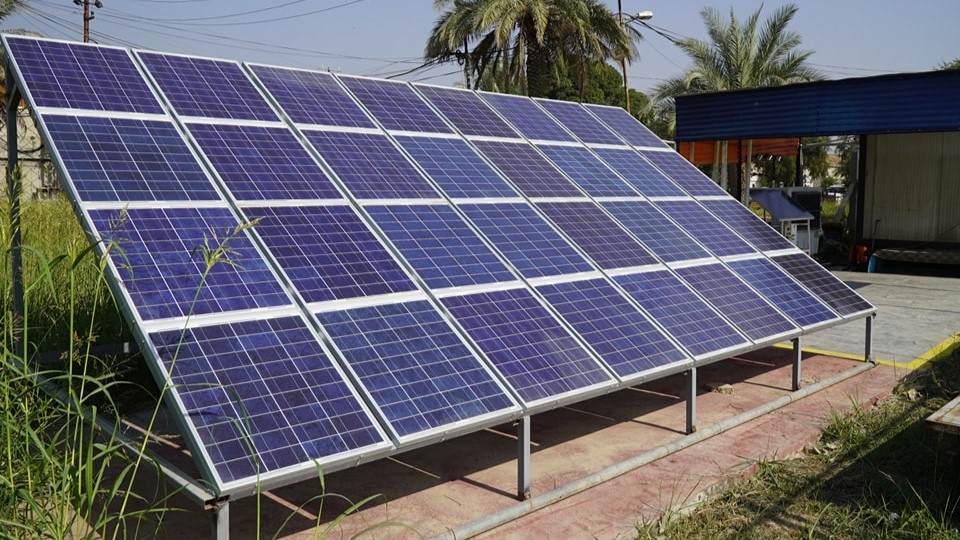Iraq: UNICEF Iraq Monthly Humanitarian Situation Report, May 2019
SITUATION ANALYSIS
By the end of May, flood waters had declined, and affected families have been returning to places of origin.
However, damages to water treatment facilities have been noted - in Missan, south-eastern Iraq, the Directorate of Water reported almost all treatment plants have been affected, but full damages are yet to be assessed. Fires in agricultural areas affected 11 of 18 governorates since mid-May. The Islamic State in Iraq and the Levant (ISIL) has claimed responsibility for some attacks, but reported causes vary - some authorities believe fires are an intentional tactic targeting returnees or aiming to deter IDPs from returning. In 2019, high rainfall has yielded good crop growth meaning greater than average presence of combustible fuel in fields. Humanitarian partners including UNICEF are assessing negative impacts on returns, food security, livelihoods and water supply. In relation to anticipated return of Iraqis from the Al Hol camp in Syria, 2,000 families have been registered for repatriation so far. The majority are women and children who have been identified as experiencing significant protection risks and concerns, as well as health and nutrition needs. In addition, a further 15,000 displaced Iraqis living in informal settlements in Deir al Zor, a governorate in Syria, may be transferred to the Al Hol displacement camp, increasing the overall caseload of Iraqis in the camp to around 46,000 individuals. Humanitarian partners in Iraq, including UNICEF, have updated preparedness plans accordingly. As of May 2019 there has been no information available on the timeframe of returns.
3.3 million
# of children in need of humanitarian assistance
6.7 million
# of people affected (UNOCHA, 2019 Iraq Humanitarian Needs Overview)
1.66 million
# of internally displaced people (IDPs) IOM DTM January 2014 to April 2019
In 2019, 7,514
children received specialized child protection services, including reunification or alternative care
In 2019, 392,272
people had access to adequate sanitation through newly-established or maintained latrines
PROGRAMME HIGHLIGHTS
WASH: As of May 2018, UNICEF and its partners have contributed 54 per cent of Cluster response for water supply in 2019, and 61 per cent of Cluster sanitation response (access to functional latrines) country wide. In Missan and Salah al Din, UNICEF ensured immediate response for around 3,719 flood-affected families, including temporary sanitation facilities and hygiene kits as needed per location. As part of efforts for more sustainable programming, in Sheikhan, Ninewa, UNICEF partners completed a hybrid solar-powered generator for water supply, benefitting around 7,000 individuals (3,290 children). In the final week of May, a UNICEF partner in Jeda’ah 1-6 camps, Ninewa (pop. 8,621 families; 24,311 children) has begun rehabilitation of WASH facilities. In al Meshahda, Baghdad, a UNICEF-supported Water Compact Unit was installed, improving supply for 3,500 individuals (1,645 children). As summer temperatures rise, so does demand for water for drinking but also for use in air coolers. WASH Cluster and Camp Management partners are coordinating on this issue.
Education: As the final term of the academic year 2018-2019 comes to an end, May and June are the main examination months. As a consequence, certain activities are limited in this period. In May, 170 educational supervisors and Parent Teacher Association (PTA) members from Ninewa and Sulaymaniyah completed trainings on elements of School Based Management (SBM). Also in Sulaymaniyah, Disaster Risk Reduction (DRR) activities for earthquake preparedness took place in 70 schools reaching 28,424 children (15,580 girls). In Anbar and Sulaymaniyah, 7,337 children (3,376 girls) have benefitted from improved learning environments due to school rehabilitation and construction efforts. Shortage of teachers in IDP camp schools remains a challenge – in Ninewa, the gap is estimated to be 345 teachers, in Sulaymaniyah 110, and in Kirkuk 50.
Child Protection: Since the start of the year, 93,103 children (43,204 girls) have accessed structured, sustained psychosocial support (PSS) (85 per cent of Sub-Cluster response) through UNICEF partners, with 7,514 children (3,412 girls) accessing specialized protection assistance (61 per cent). Community awareness sessions on GBV prevention reached 15,021 community members (5,074 women, 4,894 girls), of which 1,482 were reached in May. Between January and May 2019, 26 reports of grave violations of child rights were recorded, affecting 34 children (27 boys, 2 girls and 5 sex unknown), of which 21 incidents affecting 30 children were verified (killing of 18 children and maiming of another 8). Undetonated explosive material and attacks using explosives targeting civilian areas continue to pose the main risks to children’s safety. Other conflict-related risks to children include abductions and recruitment. Monitoring of children affected by conflict continues.
Health and Nutrition: As of May 2019, UNICEF and partners reported 17,929 children under one year (9,144 girls) vaccinated against measles through routine immunization, and 39,664 children under five (20,229 girls) vaccinated against polio. In 2019, 12,935 children have received Vitamin A supplementation with their routine vaccination. Since the start of 2019, 470 cases of Severe Acute Malnourishment (SAM) cases have been identified and treated. In the year, 3,505 pregnant women and new mothers in IDP camps participated Infant and Young Child Feeding (IYCF) sessions.
Rapid Response Mechanism (RRM): Plans have been adjusted to reflect the new information on the Iraqi repatriation caseload from the Al Hol camp in Syria. In case of return, the RRM Consortium will deliver critical assistance at the border crossing. RRM supplies have been prepositioned in Dahuk, with more supplies available in Erbil warehouses.





